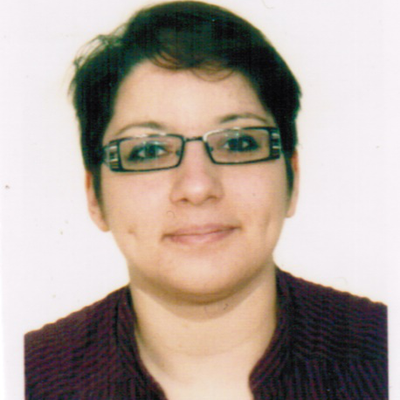Building pan-African Bioinformatics Capacity
About the node

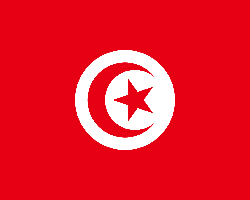
- UCT - CBIO (PI: Prof Nicola Mulder)
- AIMS (PI: Dr. Gaston Mazandu)
- AiBST (PI: Prof. Collen Masimirembwa)
- BHP (PI: Dr. Simani Gaseitsiwe )
- CPGR (PI: Dr. Judith Kumuthini)
- CU (PI: Prof. Ezekiel Adebiyi)
- IPD (PI: Dr. Cheikh Loucoubar)
- IPM (PI: Dr. Fouzia Radouani )
- IPT (PI: Dr. Alia Benkahla)
- ICIPE (PI: Dr. Dan Masiga)
- KNUST (PI: Dr. Pandam Salifu)
- MUHAS (PI: Prof. Julie Makani
- NABDA (PI: Prof. Nash Oyekanmi )
- NRC (PI: Prof. Mahmoud ElHefnawi)
- RU (PI: Prof. Ozlem Tastan Bishop)
- SANBI (PI: Dr Judit Kimuthini)
- SU (PI: Prof. Hugh Patterton)
- UVRI (PI: Dr. Jonathan Kayondo)
- MFU (PI: Dr. Hassan Ghazal)
- AEU (PI: Prof. Ahmed Moussa)
- UCT - Genetics (PI: Dr. Emile Chimusa)
- UCT - IBS (PI: Prof. Nicki Tiffin)
- UDSM (PI: Prof. Sylvester Lyantagaye)
- UL (PI: Prof. Jennifer Cornick )
- UI (PI: Dr. Angela Makolo)
- UIUC (PI: Dr. Chris Fields)
- UofK (PI: Prof. Faisal Fadlelmola)
- UKZN (PI: Prof. Tulio de Oliveira)
- UoM (PI: Dr. Shakuntala Baichoo)
- USTTB (PI: Prof. Seydou Doumbia)
- WITS (PI: Prof. Scott Hazelhurst)
- ZU_ASU (PI: Prof. Ahmed M. Alzohairy)
Institut Pasteur of Tunis
Member Node
Since its foundation more than a century ago (1893), IPT has been focusing on major infectious scourges of bacterial, parasitological, and viral etiology, including zoonotic and vector-borne diseases. Pioneering discoveries have been made at IPT by Charles Nicolle (Transmission cycles of Thyphus, toxoplasmosis, visceral leishmaniasis, concept of unapparent infections), who was awarded the 1928 Nobel Prize in Medicine and Physiology. Since 1995, IPT is managed as a public health institute under the authority of the Tunisian Ministry of Health (MH). Hence, IPT's governance involves an executive administrative board and an advisory scientific council, along with several committees and decision bodies (e.g. biosecurity, Ethics) (Figure 4). IPT has three main missions: (i) research and training, (ii) diagnosis and public health, and (iii) production of vaccines and sera. The overall research activity is carried out throughout nine research laboratories, recognized and regularly evaluated by the Tunisian Ministry of Higher Education and Scientific Research (MHESR). IPT ensures training activities for various undergraduate, master and PhD programs. For the training and graduating activities IPT is officially affiliated to the University Tunis El Manar and open to all universities at the national level. Currently, IPT's personnel involves 84 senior researchers, (50 PhD and 34 MD), 12 DVMs, 10 PharmD, more than 100 PhD students and 265 technical and administrative staff. In addition, IPT hosts 18 laboratories that are mainly involved in diagnostic and public health activities, some of which serve as national (rabies, poliomyelitis, measles, salmonella) or regional (WHO/MENA region) reference Centers (poliomyelitis, measles and human papilloma virus). IPT is the main Tunisian institute commissioned by the Tunisian Ministry of Health to carry out epidemiological investigations and surveillance of emerging and re-emerging diseases. As such, IPT plays a pivotal role in infectious-disease control, surveillance, and research, both in Tunisia and throughout the MENA region. Moreover, IPT is member of the Institut Pasteur International Network (IPIN), a global network involving 33 institutes distributed in 26 countries throughout the five continents.
Prof Alia Benkahla - Head of the Laboratory
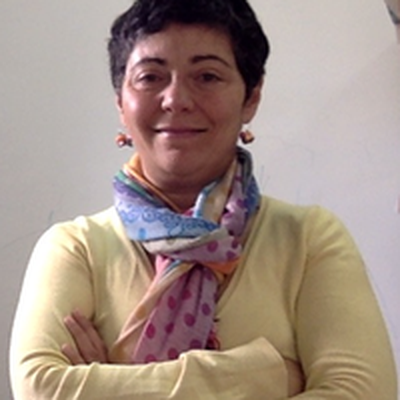
Prof. Dhafer Laouini - Senior Biologist
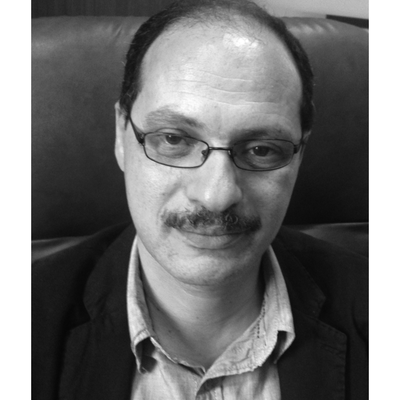
Mr. Aymen Ben Chaalia - Computer Scientist
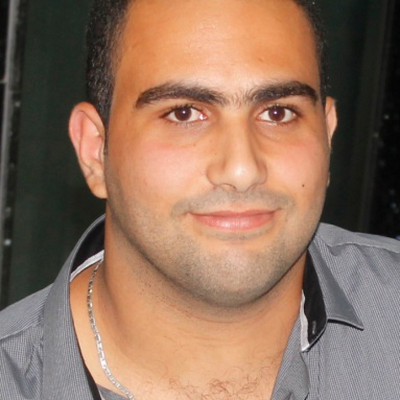
Prof. Balkiss Bouhaouala-Zahar - Head of Research Team

Dr. Melek Chaouch - Assistant Professor
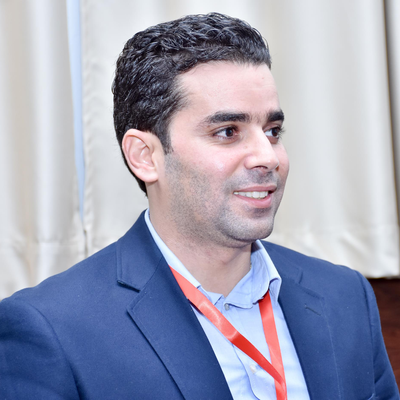
Dr Meriem Fassatoui - PostDoctoral Researcher
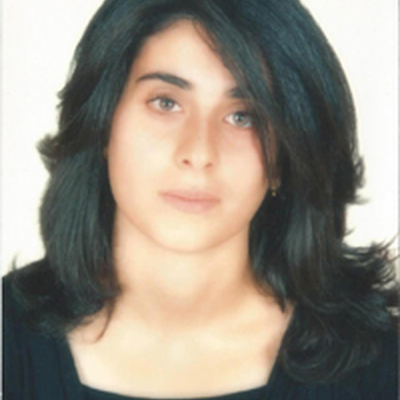
Dr. Kais Ghedira - Assistant Professor
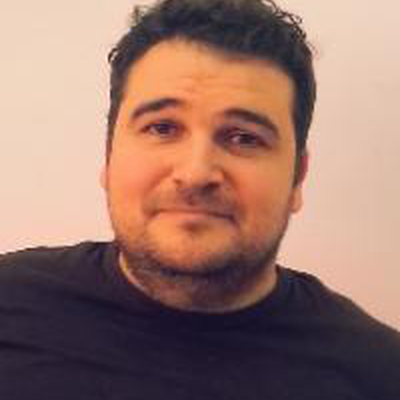
Dr. Fatma Guerfali - Assistant Professor
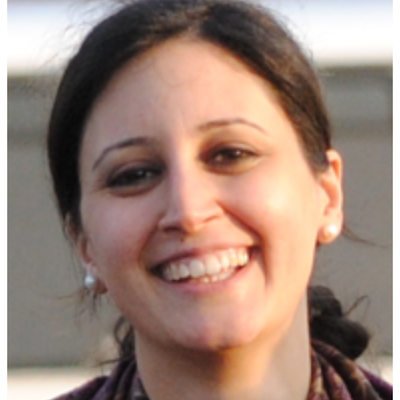
Miss Meriem Hannechi - PhD Student
After receiving a « Cell Biology, Molecular and Biotechnology» License, I pursued a research Master in ‘ Infectious disease, contagion, and prevention ‘ at the University of Aix-Marseille. Although a second master in “Human genetics and animal models” from the College of Sciences of Tunis, my research interest mainly centered on microbiology fields and more specifically protozoa. Since 2016, I am pursuing a Ph.D. in Bioinformatics. My research topics focus on the study of the newborn's intestinal microbiota and bacterial comparative genomics. As a part of the H3ABioNet project, I am participating in the project dedicated to the development of an African microbiota portal.
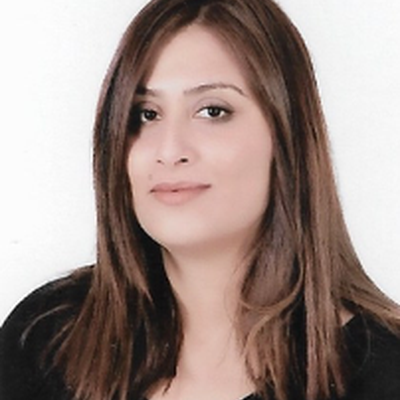
Dr. Souiai Oussama - Assistant Professor
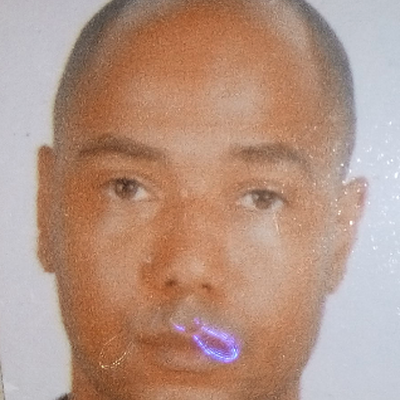
Dr Rym Kefi - Senior Lecturer
Dr Rym KEFI is a Senior Lecturer (PhD, Habilitation to Supervise Research) in Institut Pasteur in Tunis (IPT).Team leader in the Laboratory of Biomedical Genomics and Oncogenetics and responsible for the Genetic Typing Laboratory in IPT. She obtained a Master degree and a PhD at the University of the Mediterranean (Marseille- France). She worked on Mitochondrial DNA diversity in current and prehistoric human populations and on mitochondrial DNA variability of Cave Bear. She joined in 2006 IPT. She is mainly involved in research on human genetic disorders, genetic diversity in North Africa and genetic typing in forensic. She has an experience in scientific project editing and implementation through her contribution in more than ten collaborative projects on multidisciplinary investigation of Diabetes/ metabolic syndrome and on capacities building in Omic sciences and international cooperation. The skills of Rym KEFI were recognized at national, regional and international levels. Rym KEFI is TWAS young affiliate since 2010, and Global Young Academy member since 2012. In 2017, she is Laureate of the Next Einstein forum. She was selected by the World Economic Forum as one of the top 50 scientists in the world under 40 years old. She was also selected by Science and Technology in Society forum (STS) as "Future Leader" and participated in the meeting with the Nobel laureates in Kyoto, Japan. In 2018, she obtained the national award for excellence "Arvea Women Award" in the category of scientific research. Rym KEFI is also involved in training and teaching activities. She is an author/ co-author of more than 80 publications.
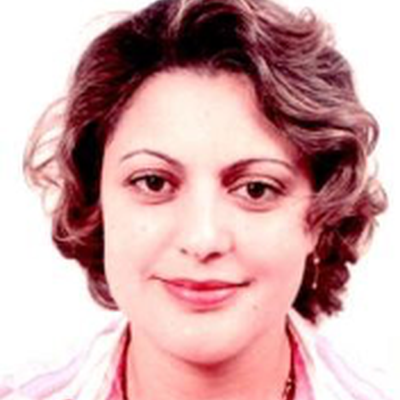
Ms Nessrine Mezzi - PhD Student
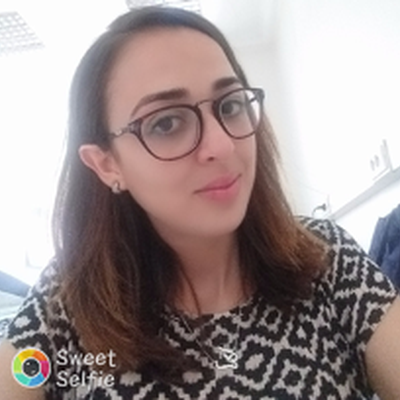
Dr Yosr Hamdi - Assistant Professor
Yors Hamdi followed her graduate studies at Laval University, Quebec, Canada. She started in the field of human genetics with Prof. Alan Anderson who led her graduation project (2005) on the Human Genome Project. Then she focused her studies on the genetic component of breast cancer. She had a Master degree in Cellular & Molecular Biology at the faculty of Medicine, Laval University where she did bioinformatics studies on genes involved in oxidative stress and their association with breast cancer. In 2009, she joined the Genomics center of Laval University, where she obtained her PhD in Molecular Medicine. Combining genomics, molecular biology and bioinformatics, she continues the genetic and molecular investigations of breast cancer in African populations. As a part of her postdoctoral research activities at Institut Pasteur de Tunis, she is integrating genomic medicine and molecular diagnostics by implementing Precision Oncology in Tunisia.
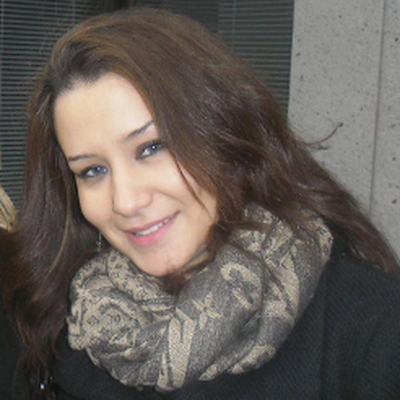
Ms Maroua Boujemâa - PhD Student
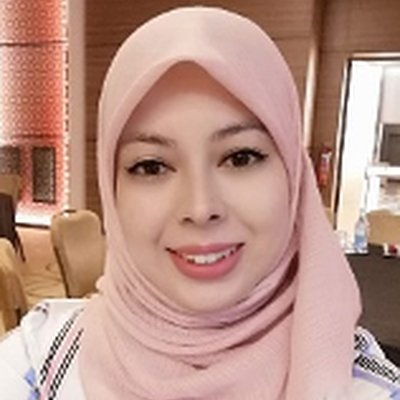
Dr Lilia Romdhane - Assoc. Professor
Dr Lilia Romdhane, PhD, is an Associate Professor at the Department of Life Sciences of the Faculty of Sciences of Bizerte, Tunisia, where she teaches Bioinformatics and Genetics since 2014. She’s also an Associate Researcher at the Laboratory of Biomedical Genomics and Oncogenetics at the Institut Pasteur de Tunis, Tunisia. Her main research activities are devoted to the study of the features of rare genetic diseases in the Tunisian population, in particular, and the North African population, in general, characterized by high rates of consanguinity. With the recent availability of Next-Generation Sequencing and high-throughput genotyping data of Tunisian individuals, her research interests are shifted to the study of the genome structure and its impact on health in order to provide genomic resource tools for medical genomics in North Africa. In 2019, she was nominated as a member of the Arab German Young Academy AGYA. She co-authored 26 papers and 2 book chapters.
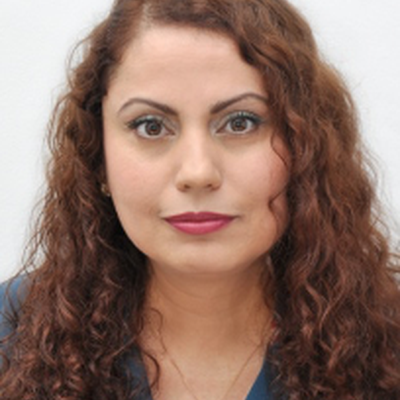
Dr Ahmed Rebai - Head of Lab
Dr. Ahmed Rebai received his engineer degree in Statistical Genetics in 1991 from the Institut National Agronomique de Paris-Grignon, France and his PhD from the same university in 1995 on developing methods and computational tools for genetic mapping. He then worked at the Institute National Agronomique de Toulouse (France) as a post-doc researcher in Bioinformatics. He subsequently served as assistant professor of Biostatistics at Institut National Agronomique de Tunisie (Tunisia) in 1998 and then as a researcher in the Centre of Biotechnology of Sfax since 1999. Dr. Rebai has contributed greatly to the development of Biostatistics and Bioinformatics teaching and research in Tunisia and Africa where he leaded and contributed to several national and international initiatives in these fields. In 2015 He was appointed as expert member of the Data and Biospecimen Access committee of the H3Africa program (a pan-african project funded by NIH and Wellcome Trust). He is also member of the H2020 program committee in the ERC-FET-MSCA-FET Configuration (representative of Tunisia since 2019) and of the independent expert committee for the National agency of sanitary and environmental control of products. Currently Dr Rebai is director of the Laboratory of Molecular and Cellular Screening Processes at the Centre of Biotechnology of Sfax. Since 2003 he leaded a research group working on Biostatistics and Bioinformatics. He has been very active in the development of computational methods, tools and techniques for the analysis of genomics data and their applications to the diagnosis and prognosis of complex diseases. Dr. Rebai published more than 200 journal articles, edited one book and filed four patents. He is also member of the Editorial board of six international peer-reviewed journals. According to Scopus, Dr Rebai has over 3000 citations in scientific publications and his H-index is 31. In 2006, Dr Rebai founded the start-up DMIT that offer services to bio-industry and pharmaceutical companies in data mining, analyses and process optimization. Dr Rebai was awarded the National Medal (4th category) of The Tunisian Republic in Science and Education in 2006.
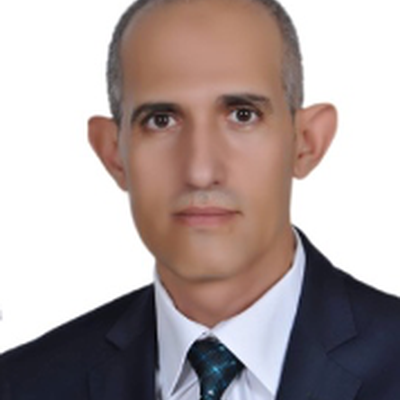
Nidhal Ghanni - System Administrator
Nidhal Ghanmi is a junior system administrator at the Institute of Pasteur (Tunis) ; He studied networks and Computer science in a training center (DUT) He is happy today joining a big project of Bioinformatic's , a good place to share his experience in computer science and networking , and also to upgrade his skills He have more than 4 years working with international company's in client support , and was always looking for other challenges. what inspires him most is nature ! he is in love with lakes .. rivers and mountains, being a hiker is nice thing to try.

Soumare Harouna - PhD Student
Harouna Soumare is a Ph.D student at the Laboratory of BioInformatics, BioMathematics, and BioStatistics, Institut Pasteur de Tunis. He develops machine learning algorithms for the analysis of genomic data.

Olfa Messaoud - Associate Professor
Olfa Messaoud, MSc, PhD, is an Associate Professor working at Institut Pasteur de Tunis in the field of Human genetics. She is member of the Arab-German Young Academy of Sciences and Humanities, member of the Network of Tunisian Experts in Support to International Research & Innovation Projects and also member of the DNA Repair Interest Group. During the last 13 years, Olfa has been working on the molecular basis of rare DNA-repair diseases. Her research activities paved the way to the set-up of prenatal diagnosis for several life-threatening diseases. Furthermore, she has helped in the introduction of molecular diagnosis for several non-communicable diseases that are quite frequent in Morocco, Egypt, Libya and Algeria. Since 2014, she has worked on establishing a department dedicated to genetic diagnosis of non-communicable diseases. Olfa is currently conducting her research activities on genetic investigation of rare and ultra-rare genetic disorders predisposing to cancer in the laboratory of "Biomedical Genomics and Oncogenetics" and she is also responsible for the medical genetics core facility at Institut Pasteur de Tunis. Olfa is being involved as the principal investigator or as a partner in many multidisciplinary national and international research projects. She has participated in the organization of several international courses and Scientific & Public events and is continuously coordinating research activities between Tunisian and foreign collaborators. Olfa Messaoud is an author/ co-author of 40 publications, she is memeber of the editorial board of Frontiers in Genetics journal and is a reviewer for several peer-reviewed journals, she has been awarded the 2nd prize of the 13th edition of the award Sanofi-Aventis for Medical Research. Contact Information: Work: Institut Pasteur de Tunis Email: ;
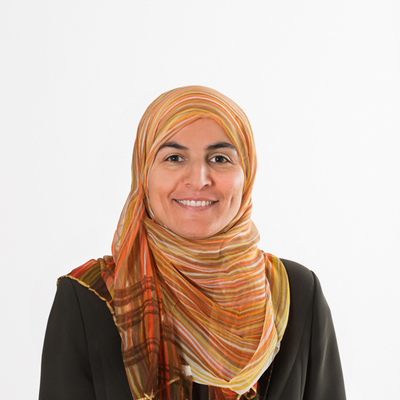
Dr. Hedia Tnani- Post-Doctoral Fellow
